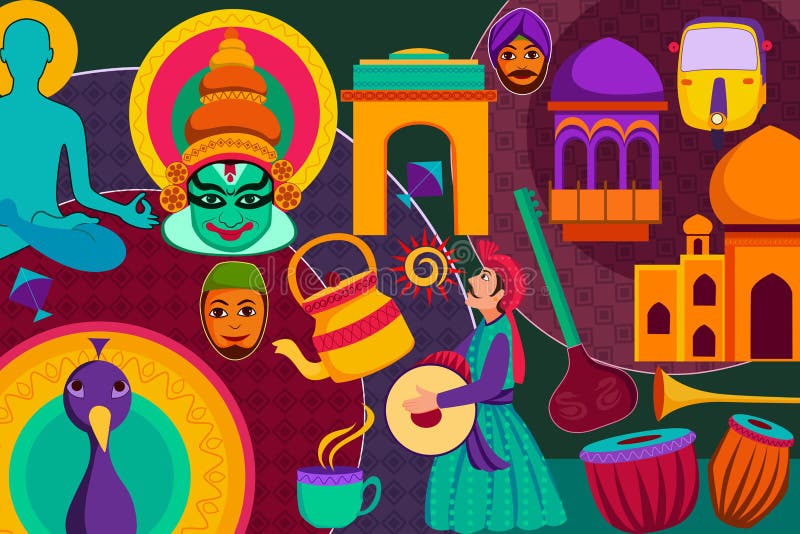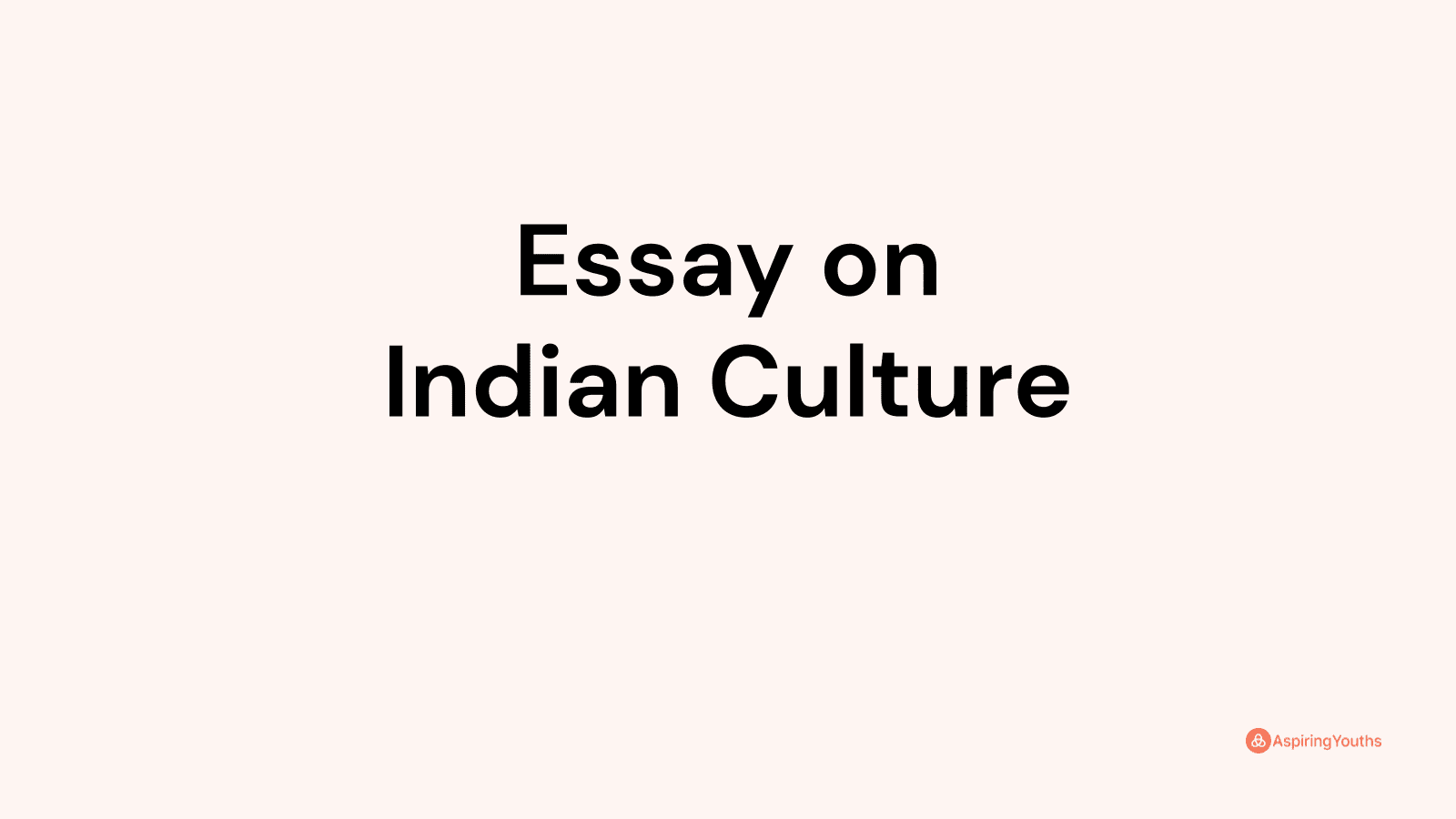Indian traditions and ways of life have long mesmerized the world with their vivid customs, profound historical roots, and distinctive practices. From the exuberant festivals to the varied culinary delights, India provides a rich mosaic of experiences that are both captivating and motivating. My Desinet acts as your ultimate companion in navigating this extraordinary culture, delivering profound insights and knowledge for those eager to explore the essence of India.
India is a land of contrasts and marvels, where age-old customs harmoniously coexist with contemporary living. This cultural mosaic is home to over a billion inhabitants, each contributing to its intricate fabric of customs, languages, and practices. Whether you're a traveler, a student, or simply someone interested in global diversity, comprehending Indian culture can deepen your appreciation of humanity.
Through My Desinet, we aim to provide you with thorough information about Indian traditions and lifestyle. This guide will take you on a voyage through the history, customs, festivals, and everyday life of India, ensuring you gain a comprehensive understanding of what makes this nation so unique. Join us as we delve into and celebrate the wonders of India together.
Read also:The Grand Ole Opry A Timeless Icon Of Country Music
Table of Contents:
- Introduction to Indian Culture
- History of Indian Culture
- Traditional Values in Indian Society
- Indian Festivals and Celebrations
- Indian Cuisine: A Culinary Journey
- Daily Life in India
- Art and Literature in Indian Culture
- Religion and Spirituality in India
- Modern Indian Lifestyle
- Conclusion
Discovering the Depths of Indian Culture
India is a nation deeply rooted in tradition and diversity, offering an abundance of cultural encounters. Indian culture mirrors its extensive and storied past, with influences from numerous civilizations and faiths. Stretching from the majestic Himalayas in the north to the tranquil backwaters of Kerala in the south, India's topography is as varied as its populace.
At the core of Indian culture is a profound respect for family, community, and tradition. This is evident in the way Indians celebrate their festivals, honor their forefathers, and embrace their cultural legacy. Be it through music, dance, or art, Indians find joy in expressing their identity and sharing it with the world.
The Tapestry of Cultural Diversity in India
India is home to over 1.4 billion people, speaking more than 1,600 languages and dialects. This diversity is reflected in every facet of Indian life, from culinary preferences to fashion choices. The country is divided into 28 states and 8 union territories, each boasting its own unique culture and customs. For example, the vibrant Holi festival in North India contrasts sharply with the serene Onam celebrations in Kerala, highlighting the richness of Indian diversity.
As per a report by UNESCO, India ranks among the most culturally diverse countries globally, with over 300 distinct ethnic groups. This diversity is celebrated and cherished, making India a vibrant melting pot of traditions and customs.
Tracing the History of Indian Culture
The origins of Indian culture stretch back thousands of years, with evidence of civilization found in the Indus Valley. The ancient Harappan civilization, which thrived around 2600 BCE, laid the groundwork for modern Indian culture. Over the centuries, India has been shaped by various invaders, traders, and settlers, including the Aryans, Greeks, Mongols, and British.
Read also:Exploring The Rich Legacy And Exciting Future Of Smu Basketball
The Profound Influence of Religions on Indian Culture
Religion has significantly shaped Indian culture. Hinduism, Buddhism, Jainism, and Sikhism originated in India, while Islam and Christianity have also had a lasting impact. These religions have enriched the cultural fabric of India, influencing art, architecture, and daily life.
For instance, the Taj Mahal, a UNESCO World Heritage Site, exemplifies Mughal architecture, blending Islamic and Indian design elements. Likewise, the ancient temples of South India showcase the detailed carvings and sculptures inspired by Hindu mythology.
The Cornerstone of Traditional Values in Indian Society
Traditional values form the foundation of Indian society, guiding individuals in their personal and professional endeavors. Respect for elders, family loyalty, and community support are deeply embedded in Indian culture. These values are passed down through generations, ensuring the preservation of cultural heritage.
Understanding the Family Structure in India
In India, the family is considered the most crucial social unit. Joint families, where multiple generations reside together, are still prevalent in rural areas. This structure fosters unity, collaboration, and mutual support among family members. Furthermore, marriage is viewed as a sacred bond, often arranged by families to ensure compatibility and stability.
According to a study by the Indian Journal of Social Work, over 70% of Indian households are joint families, underscoring the importance of family in Indian culture.
Celebrating Indian Festivals and Traditions
Festivals are an essential component of Indian culture, bringing people together in joyful celebration. From the colorful Holi to the spiritual Diwali, each festival carries its own significance and rituals. These celebrations offer opportunities for families and communities to unite, share food, and engage in traditional activities.
Key Festivals Celebrated Across India
- Holi: The festival of colors, celebrated in spring, symbolizes the triumph of good over evil.
- Diwali: The festival of lights, commemorating the return of Lord Rama to Ayodhya.
- Dussehra: Celebrating the victory of Goddess Durga over the demon Mahishasura.
- Onam: A harvest festival in Kerala, marking the homecoming of King Mahabali.
These festivals not only highlight the diversity of Indian culture but also promote unity and harmony among people from different religions and backgrounds.
Embarking on a Culinary Journey Through Indian Cuisine
Indian cuisine is celebrated worldwide for its bold flavors and diverse ingredients. From the spicy curries of North India to the coconut-based dishes of South India, every region offers a unique culinary experience. Indian food is not merely about taste; it emphasizes balance and nutrition, utilizing spices and herbs known for their health benefits.
Exploring Popular Indian Dishes
- Biryani: A fragrant rice dish cooked with meat, spices, and herbs.
- Butter Chicken: A rich and creamy dish made with marinated chicken and tomato gravy.
- Dosa: A South Indian staple made from fermented rice and lentil batter.
- Samosa: A savory pastry filled with spiced potatoes and peas.
Indian cuisine has gained immense popularity globally, with restaurants and food trucks offering authentic Indian dishes in cities worldwide.
A Glimpse into Daily Life in India
The daily life of Indians varies depending on location, occupation, and socio-economic status. However, certain constants remain, such as the importance of family, community, and tradition. Morning routines typically include prayer, followed by breakfast and work or school. Evenings are spent with family, watching television, or engaging in cultural activities.
Contrasting Urban and Rural Life in India
While urban areas offer modern conveniences and fast-paced lifestyles, rural India retains its traditional charm. Farmers and artisans in rural areas continue to practice age-old techniques, preserving their cultural heritage. In contrast, urban dwellers embrace technology and globalization while still maintaining their cultural roots.
A report by the World Bank highlights the rapid urbanization of India, with over 30% of the population residing in cities. However, rural areas still account for a significant portion of the population, ensuring the continuation of traditional practices.
The Artistic and Literary Legacy of Indian Culture
India boasts a rich tradition of art and literature, with contributions from various regions and languages. From the ancient epics of the Mahabharata and Ramayana to contemporary literature, Indian writers have left an indelible mark on the literary world. Similarly, Indian art forms, such as classical dance and music, continue to inspire and captivate audiences globally.
Classical Dance Forms in India
- Bharatanatyam: Originating from Tamil Nadu, this dance form is renowned for its intricate footwork and expressive gestures.
- Kathak: A North Indian dance form that combines storytelling with rhythmic footwork.
- Manipuri: A graceful dance form from Manipur, characterized by fluid movements and delicate gestures.
These art forms not only entertain but also educate, preserving the cultural heritage of India for future generations.
The Role of Religion and Spirituality in Indian Culture
Religion and spirituality are integral to Indian culture, influencing every aspect of life. Hindus, Muslims, Christians, Sikhs, and Buddhists coexist peacefully in India, practicing their faiths with devotion. Spiritual leaders and gurus play a pivotal role in guiding individuals on their spiritual journeys, offering wisdom and enlightenment.
Exploring Spiritual Practices in India
- Meditation: A practice that promotes mindfulness and inner peace.
- Yoga: An ancient discipline that combines physical postures, breathing exercises, and meditation.
- Pilgrimages: Journeys to sacred sites, such as the Kumbh Mela or Varanasi, to seek blessings and spiritual growth.
Spirituality in India extends beyond religious practices, permeating everyday life and promoting harmony and well-being.
The Evolution of Modern Indian Lifestyle
While traditional values remain strong, modern Indian lifestyles have adapted to the changing times. Urbanization, technological advancements, and globalization have significantly transformed how Indians live and work. Nevertheless, the essence of Indian culture remains intact, blending harmoniously with contemporary trends.
The Intersection of Technology and Culture in India
India is one of the fastest-growing economies globally, with a burgeoning tech industry. Startups and tech companies are reshaping the Indian landscape, offering innovative solutions and opportunities. Despite this rapid progress, Indians continue to cherish their cultural heritage, ensuring a balance between tradition and modernity.
A study by the Ministry of Electronics and Information Technology underscores the growing influence of technology in India, with over 700 million internet users as of 2023.
Final Thoughts
My Desinet serves as your ultimate guide to exploring Indian culture and lifestyle, providing insights into its rich history, customs, and modern practices. From the vibrant festivals to the varied cuisine, India offers a wealth of experiences that are both fascinating and inspiring. By understanding and appreciating Indian culture, we can foster greater respect and harmony in our global community.
We invite you to share your thoughts and experiences in the comments section below. Feel free to explore our other articles for more information on Indian culture and lifestyle. Together, let's celebrate the beauty and diversity of India!


